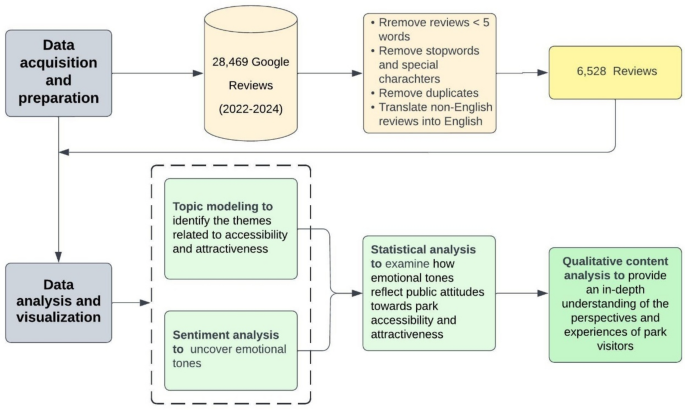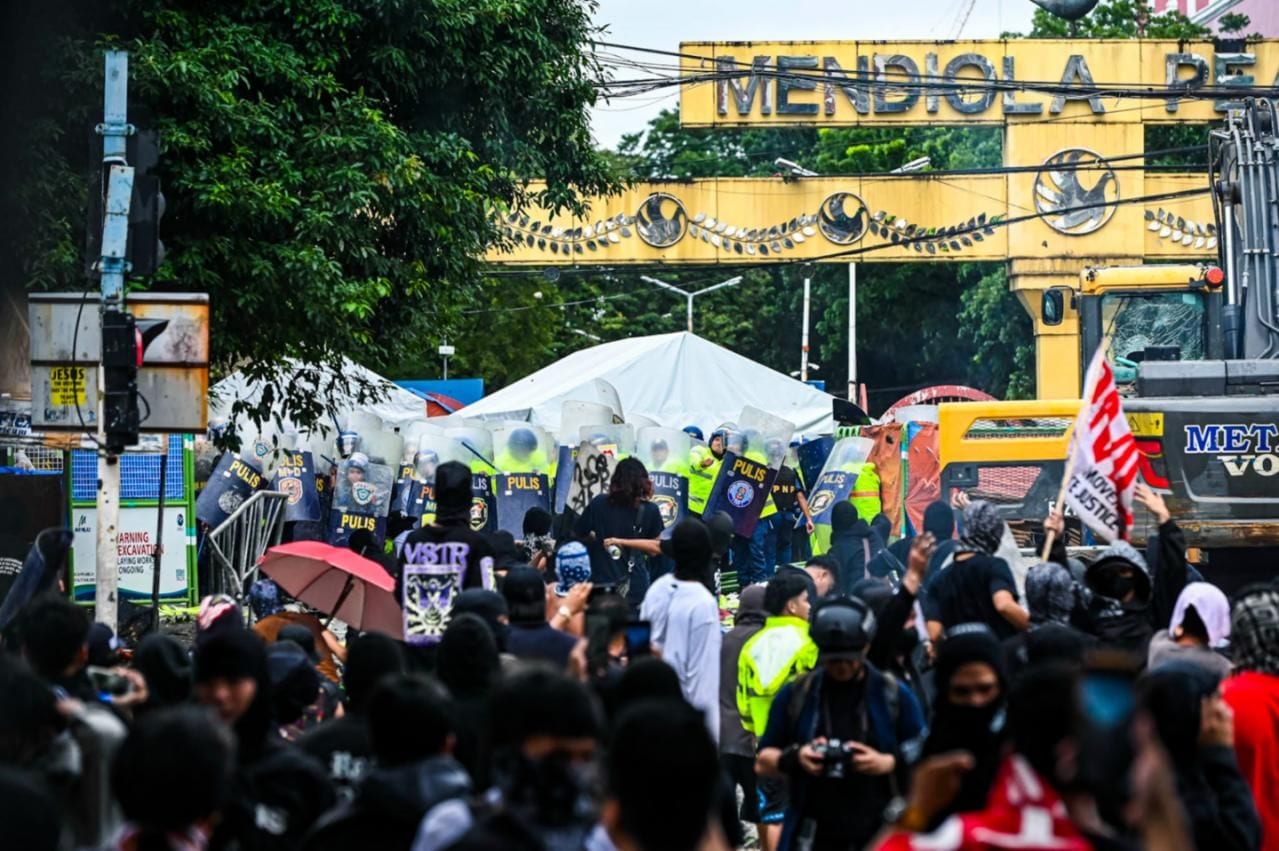
06 Nov, 2025
2 min read
Two Taiwanese Nationals Detained for Attempted Human Trafficking of Filipinos to Cambodia
At Ninoy Aquino International Airport (NAIA), Philippine authorities arrested two Taiwanese nationals accused of attempting to traffic six Filipinos to Cambodia for participation in a fraudulent operation. Maj. Shari Vanneza Deseo, spokesperson for the Philippine National Police-Women and Children Protection Center (WCPC), revealed that the victims, comprising two women and four men aged 26 to 29 from Metro Manila, were recruited through social media with a promise of a monthly salary of ₱50,000.
Deseo highlighted that the victims were aware they would be engaged in scam activities, attributing their willingness to economic hardships. "Maybe it’s because of the hardships of life that they are willing to take on this kind of work," she stated.
The WCPC suspects a Filipino facilitator based in Cambodia orchestrated the recruitment process. The two Taiwanese suspects are currently detained at the WCPC facility and face charges that include human trafficking and large-scale syndicated illegal recruitment. Conviction could result in life imprisonment and fines reaching ₱7 million. Authorities are also pursuing legal action against the alleged Filipino accomplice.
"I spoke with one of the arrested suspects," Deseo added. "He said he has returned to the Philippines multiple times. They pick up or fetch our victims and bring them to Cambodia."
The six rescued individuals have been turned over to the Inter-Agency Council Against Trafficking. Five have been referred to the Department of Social Welfare and Development for further assistance.
Justice Undersecretary Nicholas Felix Ty, overseeing the council, noted in a televised interview that the victims are currently housed in a shelter where their needs are being addressed. He emphasized the necessity of enhancing referral mechanisms in the fight against human trafficking, underscoring that law enforcement efforts must be complemented by coordinated support systems.
Recommended For You

Speaker Dy Supports Public Disclosure of Lawmakers' Asset Declarations
Nov 06, 2025
Caridad Pingol

UK, Canada, Australia, and Portugal Officially Recognize Palestinian State Amid Gaza Conflict
Nov 06, 2025
Urbano Tolentino

Independent Commission Denounces Document Tampering in Flood Control Projects
Nov 06, 2025
Caridad Pingol

Fatal Stabbing Amid Manila Protest Leads to One Death at JRRMMC
Nov 06, 2025
Eusebio Alcaraz
